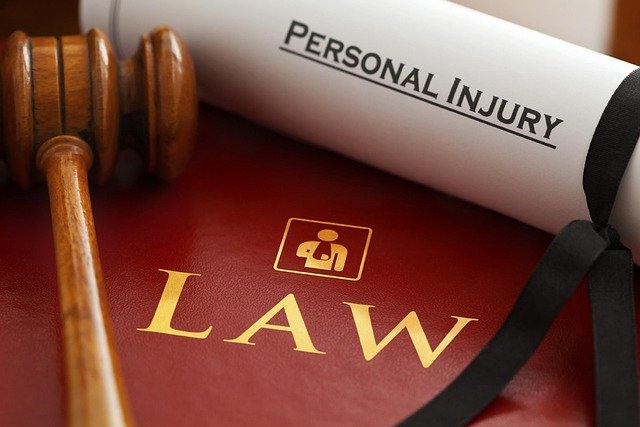Understanding Your Options in Personal Injury Cases
If you or a loved one has been injured because of someone else’s actions, understanding the range of legal options can help you protect your rights and make informed decisions. Personal injury matters can involve insurance claims, negotiations, or formal dispute resolution methods; this summary outlines key pathways and considerations so you know what to expect during consultation and case assessment.

law: When does law apply to injuries?
Personal injury disputes arise under civil law when one party’s negligence, intentional act, or strict liability causes harm to another. Common scenarios include motor vehicle collisions, slips and falls, product defects, or professional negligence. Law governing these claims determines who owes a duty of care, how breaches are measured, and what remedies are available. Related legal areas such as contracts and compliance can influence outcomes—for example, contractual waivers or regulatory compliance by a manufacturer may affect liability. Understanding the legal framework helps you identify the correct legal path and the types of evidence that matter.
lawyer: Do you need a lawyer?
Deciding whether to hire a lawyer depends on complexity, the extent of injuries, and whether liability is disputed. A lawyer provides case evaluation, advocacy, and representation during settlement talks or litigation. Many lawyers offer an initial consultation to explain rights, likely claims, and procedural deadlines. They can also advise on interactions with insurers, document preservation, and whether contractual clauses—such as arbitration agreements—apply. Even when a case seems straightforward, a consultation can reveal hidden legal issues tied to contracts, compliance requirements, or third-party liability that affect recovery.
rights: What rights do injured parties have?
Injured persons typically have the right to seek compensation for medical expenses, lost income, pain and suffering, and sometimes rehabilitation or home modifications. Rights vary by jurisdiction and can be affected by comparative fault rules or statutory caps. Beyond monetary recovery, individuals have procedural rights: to timely notice of claims, to access evidence, and to be represented. Other legal areas—estate, custody, immigration—can intersect with personal injury claims; for example, a serious injury may prompt estate planning updates or affect immigration status if work authorization is tied to employment. Knowing your rights helps set realistic expectations for outcomes.
litigation: When should you consider litigation?
Litigation becomes necessary when settlement negotiation fails or when legal rights require a court’s intervention—such as seeking declaratory relief or enforcing discovery. Litigation follows formal steps: filing a complaint, discovery (gathering evidence), motions, trial, and possible appeal. It can be time-consuming and governed by strict procedural rules; a lawyer experienced in litigation explains timelines, burden of proof, and likely costs tied to complex discovery or expert witnesses. In certain disputes involving contracts, trademarks, or patents, litigation is often the principal route to establish liability or protect intellectual property alongside personal injury issues.
mediation: Can mediation resolve my case?
Mediation is a confidential, facilitated negotiation led by a neutral mediator. It allows parties to explore settlement without the expense and publicity of court. Mediation can be voluntary or court-ordered, and it often works well when liability is partly disputed or when parties seek tailored outcomes—like structured settlements or non-monetary terms. Successful mediation requires preparation: medical records, damage assessments, and a clear understanding of compliance obligations or contractual clauses that may affect settlement. While nonbinding in many cases, mediation often results in settlements that both sides accept when they are willing to compromise.
arbitration: How does arbitration differ?
Arbitration is a private, adjudicative process where an arbitrator or panel issues a decision that can be binding or nonbinding depending on prior agreement. Many contracts include arbitration clauses that require disputes—sometimes including personal injury claims related to a product or service—to be resolved out of court. Arbitration tends to be faster and more streamlined than litigation, but it may limit discovery and appeal options. Consulting a lawyer before agreeing to arbitration is important: counsel can explain enforceability, procedural rules, and how arbitration outcomes interact with compliance obligations or other legal claims such as those involving trademarks or patents.
Conclusion
Personal injury cases offer several pathways—negotiation, mediation, arbitration, or litigation—each with trade-offs in time, cost, confidentiality, and procedural protections. A clear review of the governing law, your rights, contractual terms, and the role a lawyer can play in consultation and advocacy helps you choose the most appropriate option. Understanding these distinctions equips you to make informed decisions that align with your priorities and the specifics of your situation.






